Chronotol
✅ Supports Alcohol Abstinence
✅ Manages Alcohol Dependence
✅ Oral Administration
✅ Helps Prevent Relapse
✅ Prescribed by Healthcare Providers
Cronotol contains Disulfiram.
Product Overview
Cronotol is a pharmaceutical formulation containing Disulfiram as its active component, commercially recognized under the brand name Antabuse. This therapeutic agent is principally employed in the treatment of chronic alcohol dependence. Unlike alternative pharmacotherapies that mitigate alcohol cravings or attenuate its euphoric effects, Cronotol operates by inducing adverse physiological reactions upon alcohol ingestion. This aversive mechanism serves to deter individuals from consuming alcoholic beverages during treatment, as even minimal alcohol intake can precipitate distressing symptoms.
Therapeutic Applications
Cronotol is indicated for motivated individuals committed to alcohol abstinence as part of a comprehensive rehabilitation program for alcohol use disorder. The medication functions as a pharmacological deterrent by provoking undesirable reactions – including nausea, emesis, cephalalgia, facial flushing, and cardiac palpitations – following alcohol consumption. Optimal therapeutic outcomes are achieved when administered concomitantly with behavioral interventions such as cognitive therapy, psychosocial support groups, or other evidence-based treatment modalities to sustain long-term sobriety.
Administration Guidelines
The standard dosing regimen involves oral administration once daily, preferably during morning hours. Tablets should be ingested intact with an adequate volume of water to ensure proper dissolution and absorption. Patients must maintain strict abstinence from all alcohol-containing products, including medicinal preparations (e.g., cough suppressants, oral antiseptics) and culinary preparations incorporating alcohol. Consistent daily administration is imperative, regardless of anticipated alcohol exposure, to maintain therapeutic efficacy as an alcohol deterrent.
Mechanism of Action
Cronotol exerts its therapeutic effect through irreversible inhibition of aldehyde dehydrogenase, a critical enzyme in ethanol metabolism. This enzymatic blockade results in the accumulation of acetaldehyde, a toxic metabolic intermediate, producing the characteristic “disulfiram-alcohol reaction.” This aversive response creates a powerful psychological and physiological deterrent against alcohol consumption, thereby supporting abstinence maintenance in alcohol-dependent individuals.
Dosage Protocol
The initial therapeutic dosage typically commences at 500 mg administered once daily, with subsequent adjustments based on individual tolerance and clinical response. Strict adherence to the prescribed dosing schedule is essential, with maintenance of consistent daily administration times to ensure stable plasma concentrations. Patients should be advised that full therapeutic effects may require several weeks of continuous treatment, necessitating persistent compliance with the prescribed regimen.
Therapeutic Advantages
Cronotol provides multiple clinical benefits for individuals with alcohol dependence. Its unique aversive mechanism serves as an effective deterrent against alcohol consumption, thereby reinforcing abstinence behaviors. When incorporated into a multimodal treatment approach encompassing psychosocial interventions, it significantly contributes to relapse prevention and supports sustained recovery. The medication demonstrates particular efficacy in establishing initial abstinence and maintaining long-term sobriety when used as part of a comprehensive treatment plan.
Adverse Effects
Common adverse reactions associated with Cronotol therapy may include gastrointestinal disturbances (nausea, emesis), neurological symptoms (headache, dizziness, somnolence), and dysgeusia (metallic taste perception). These effects are typically transient and often diminish with continued therapy. Patients should be advised to report persistent or severe adverse reactions to their healthcare provider for appropriate clinical evaluation.
Precautions and Contraindications
Cronotol is strictly contraindicated in individuals with recent alcohol consumption or those unable to maintain complete alcohol abstinence. Particular caution is warranted in patients with hepatic or renal impairment, metabolic disorders (e.g., diabetes mellitus), seizure disorders, or psychiatric comorbidities. The medication exhibits significant pharmacokinetic interactions with various pharmaceutical agents and alcohol-containing products, necessitating comprehensive medication review by a qualified healthcare professional prior to initiation.
Storage Conditions
Proper storage requires maintenance at controlled room temperature (15-30°C) in a dry environment protected from humidity and heat sources. The medication should be secured in child-resistant containers and stored in locations inaccessible to minors and household pets. Avoid storage in moisture-prone areas such as bathrooms or kitchen spaces. Disposal of expired or unused medication should comply with local pharmaceutical waste management regulations.
Medical Disclaimer
The information provided herein is intended for educational purposes only and represents expert-reviewed, evidence-based medical content. This material should not be construed as a substitute for professional medical advice, diagnosis, or treatment. The complete safety profile, potential drug interactions, and contraindications may not be fully enumerated. Patients are strongly advised to consult qualified healthcare providers for personalized medical guidance regarding any health condition or therapeutic regimen. This content is designed to complement, not replace, the critical physician-patient relationship.
| Strength | 500 mg |
|---|---|
| Quantity | 28 Tablet/s, 56 Tablet/s, 84 Tablet/s, 168 Tablet/s |
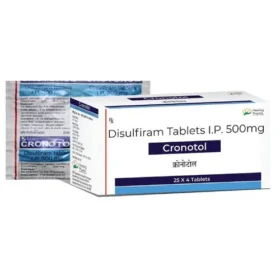 Chronotol
Chronotol










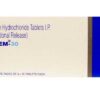
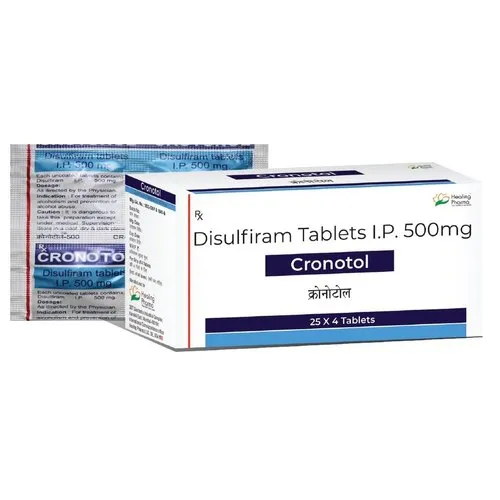


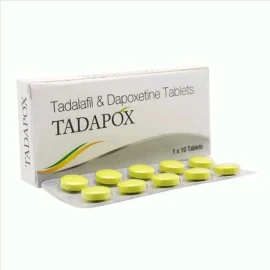
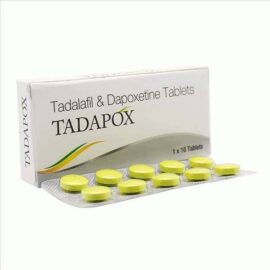

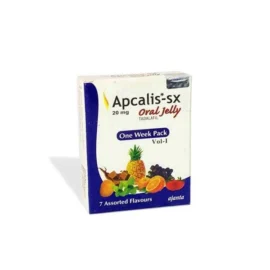
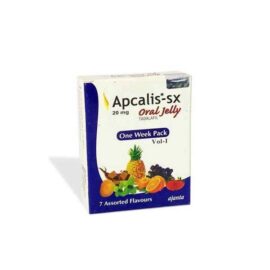
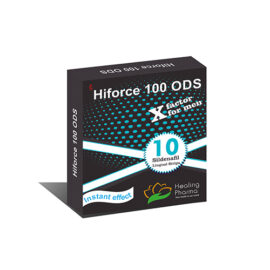
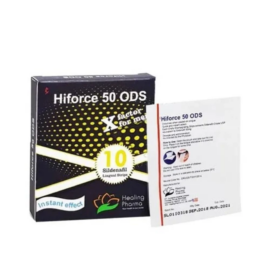
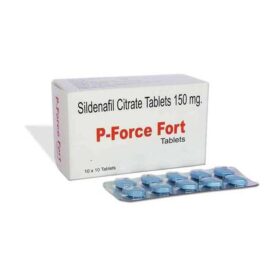
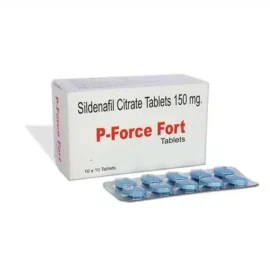
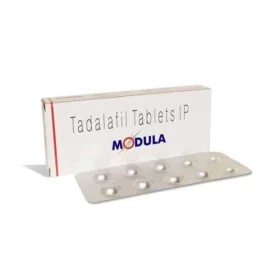
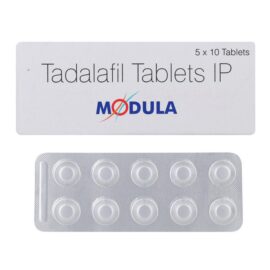
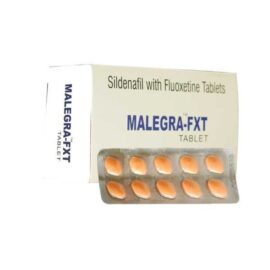
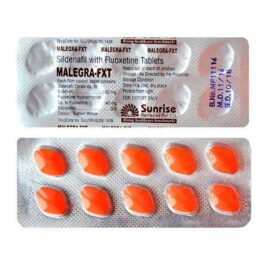
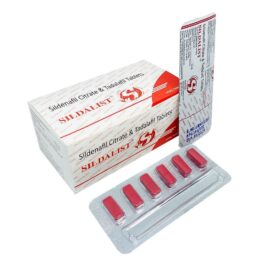
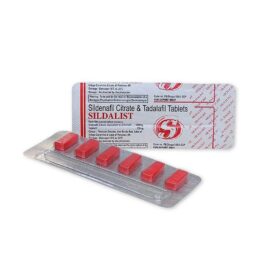
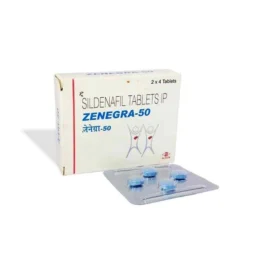
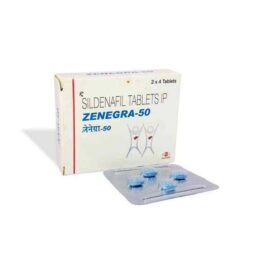
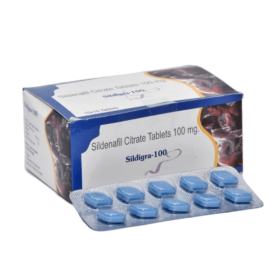
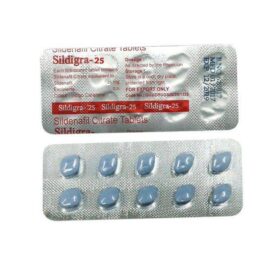
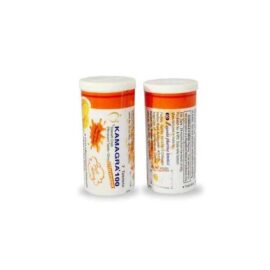
Reviews
There are no reviews yet